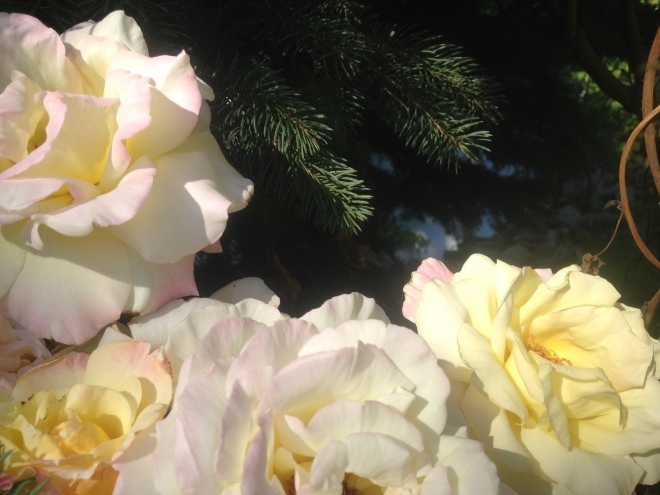
Mindfulness
Observer
After some time the lines become fuzzy between the practice of meditation and the rest of life, because people who practice on their mat end up spending most of their time in a meditative state, whether walking to the supermarket, working on a project, or chatting with friends. It’s just more fun and rewarding to be centered in the present, with all your attention focused on one thing. As the state becomes more natural and easier to maintain, people extend it to include more activities. At first just dedicating time every day for mindful meditation where you are concentrating on your deep, rhythmic breathing is enough, and this practice will provide many mental health benefits for you in the rest of your life. You will feel more calm, centered, and focused during the day, you’ll deal with stressful situations better, and you’ll react differently when you are feeling irritable.
A roadblock that a lot of people run into when they are first starting out, trying to stay in the moment with their breathing, is that they get thrown off their game when an unwanted thought or emotion bubbles up. They get down on themselves when this occurs, as if they have failed. They place a value judgement upon what has happened, and this takes them even further away from the present.
The way of meditation is to observe thoughts and emotions when they arrive, without placing any value judgments upon them at all. We simply become aware of them and then sit with them until they are ready to leave, remembering to go back to our mindful breathing at the same time. We act as interested observers, curious to know more.
You will find that taking the role of observer instead of judge in your meditation practice will help you not care at all when an errant thought or emotion takes you away from the present moment and your breathing, leading you down some rabbit hole you weren’t expecting. You just notice the manifestation, accept it, and then go back to your breathing




